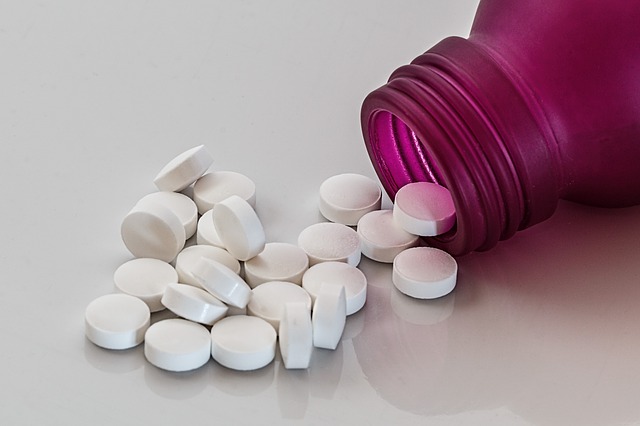Generic drugs are just one of the ways older adults can save money on prescriptions.
For older adults on a budget, the idea of saving money on medications can be enticing. From making trips to Canada or Mexico where medication is significantly less expensive to taking lower doses than a physician prescribes, seniors go to great lengths to save money on prescriptions.
One idea that often yields questions is generic drugs. They are less expensive than brand-name prescriptions, but older adults often worry that they aren’t as effective. According to the US Food and Drug Administration (FDA), 90 percent of prescriptions that are filled in this country are for generic drugs.
Most insurance companies require the use of generic medications unless a physician specifically requests otherwise. Even then the patient and physician may be required to file an appeal.
What are the Differences between Brand-Name Drugs and Generics?
The US Food and Drug Administration (FDA) says people should feel confident that a generic drug is just as effective as a brand-name medication used for the same purpose. Before the FDA approves a generic drug, it must meet the following criteria:
- Contain the same active ingredients at the same strength as the brand-name drug
- Reach the required level in the bloodstream in the same amount of time and to the same extent
- Be utilized for the same purpose and effect
- Meet the same testing standards
- Come in the same form (pill, inhaler, liquid)
What can be different are the color, shape, size, and packaging of a generic drug. But those differences aren’t likely to cause any issues for the older adults who take them.
Preservatives and flavorings may also differ, and that is where people sometimes run into problems. A senior with allergies or sensitivities to additives and preservatives, such as gluten, might develop a reaction to a generic drug that doesn’t occur in a brand-name prescription.
How Can Seniors Save Money on Prescription Medications?
Besides generic drugs, there are a few other avenues seniors can explore to save money on medication.
- Manufacturer discount coupons: Some drug companies, especially for medications new to the market, offer physicians discount coupons to share with patients. They might also make the coupons available on the manufacturer’s website.
- Pharmacy savings cards: While it might be hard to believe, some prescriptions are actually less expensive to pay for outright than to pay for using insurance. Many times, that is because the pharmacy has a savings card to help clients. The catch to filling a prescription without using your insurance card is that the cost doesn’t count towards meeting your deductible.
- Comparison shop: Prescription drug costs vary from pharmacy to pharmacy. You can use GoodRx to instantly determine which of your local pharmacies offer the best price for each of your prescriptions.
- Mail-order prescriptions: Many insurance providers offer a mail-order service for filling prescriptions in larger volumes. In addition to saving money, the senior won’t have to worry about getting to the pharmacy to pick up a prescription.
- Physician samples: If your physician is prescribing a new medication, ask if they have samples available. This allows you to try the medication and make sure you won’t have a reaction to it before you spend any money.
- Assistance programs: You can also use Benefits CheckUp from the National Council on Aging to see if you qualify for assistance. It will help identify local, state, and federal programs that can aid in paying for medications.
Medication Management for Older Adults
One challenge seniors experience is how to safely manage multiple medications. From taking the right dosage at the right time to remembering when to order a refill, mistakes with medication management are the reason many older adults end up in the hospital emergency room.
At Legacy Senior Living communities, residents get the support they need to stay safely on track with medication. Call the community nearest you to learn more about our medication reminder program.

